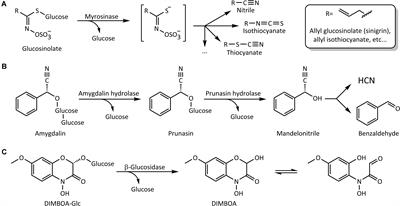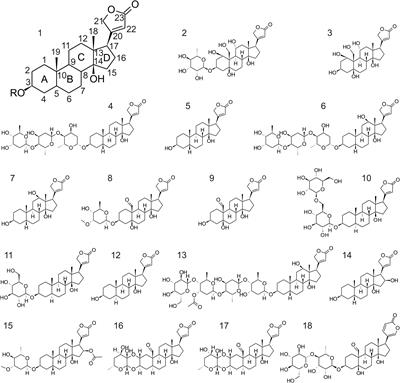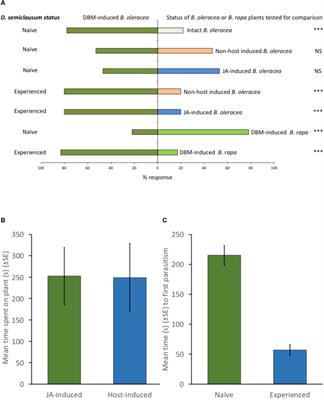EDITORIAL
Published on 30 Jul 2019
Editorial: The Ecology of Plant Chemistry and How it Drives Multi-Species Interactions
doi 10.3389/fpls.2019.00967
- 2,693 views
22k
Total downloads
106k
Total views and downloads
EDITORIAL
Published on 30 Jul 2019
PERSPECTIVE
Published on 22 Nov 2018
ORIGINAL RESEARCH
Published on 08 Oct 2018

ORIGINAL RESEARCH
Published on 28 Sep 2018

PERSPECTIVE
Published on 27 Sep 2018

ORIGINAL RESEARCH
Published on 03 Sep 2018

ORIGINAL RESEARCH
Published on 23 Aug 2018

MINI REVIEW
Published on 07 Aug 2018

ORIGINAL RESEARCH
Published on 31 Jul 2018

ORIGINAL RESEARCH
Published on 25 Jun 2018

ORIGINAL RESEARCH
Published on 19 Jun 2018

PERSPECTIVE
Published on 19 Jun 2018
